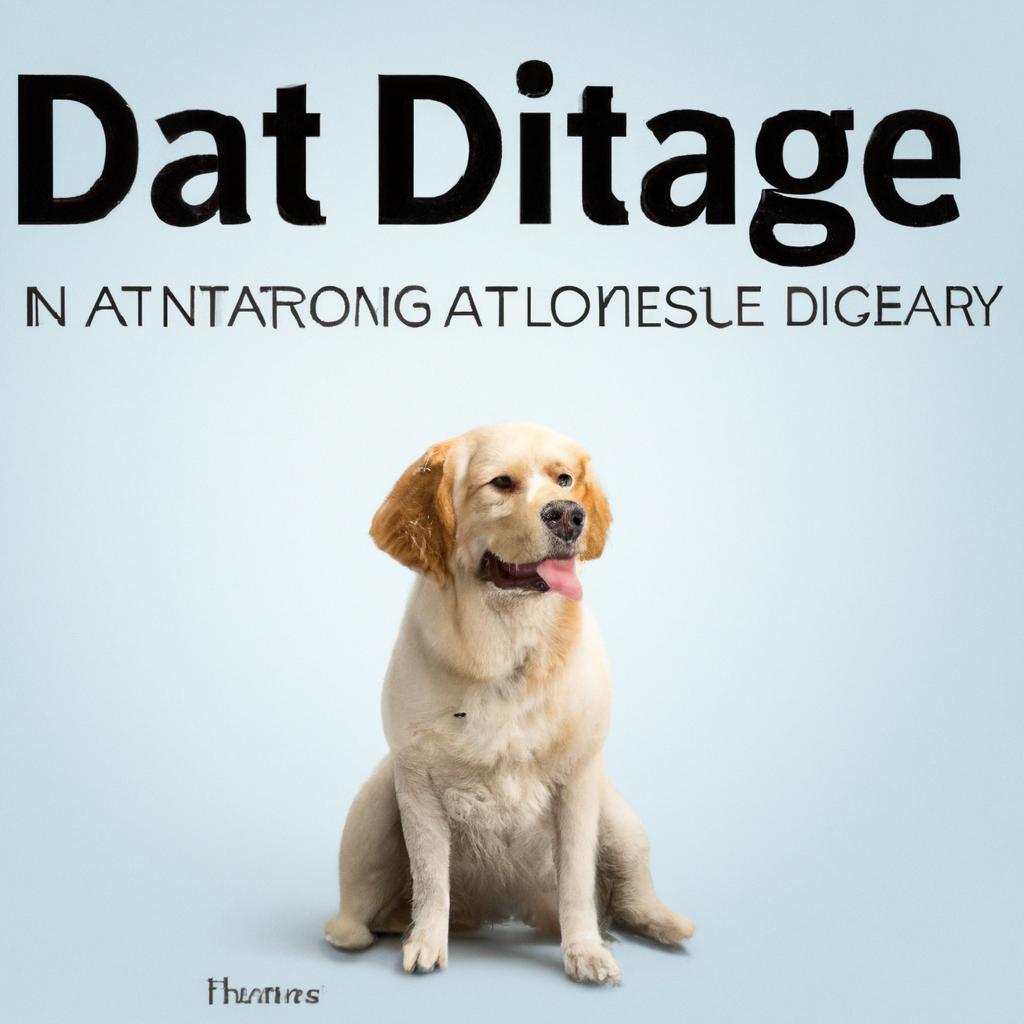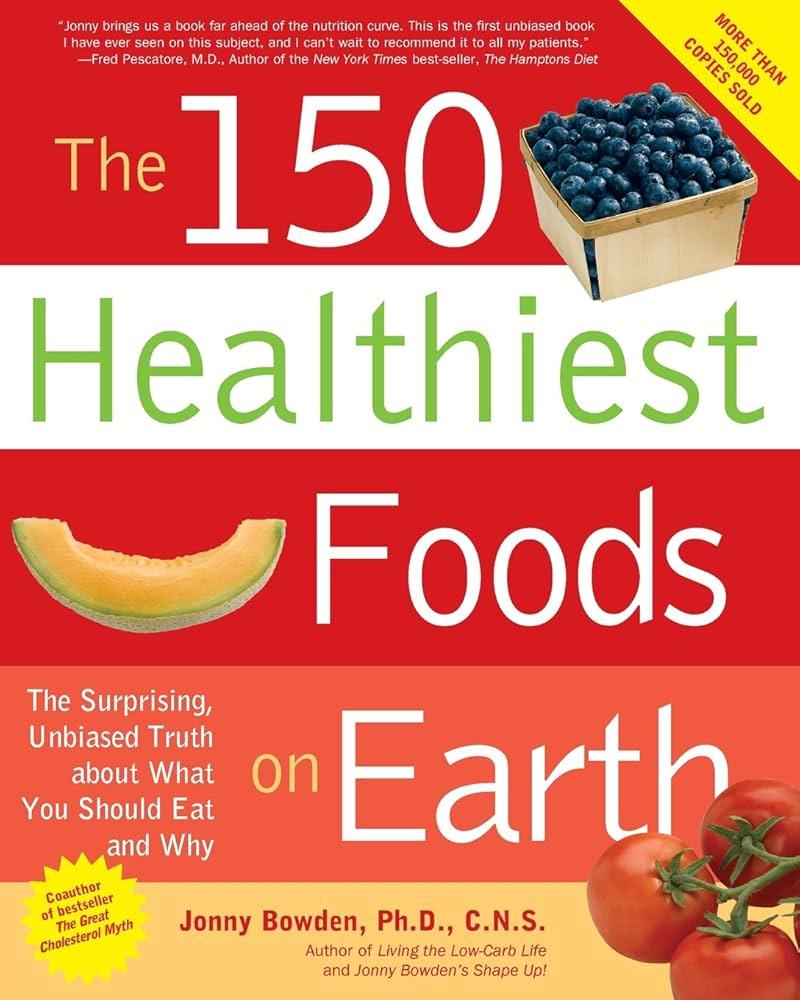Once upon a time in a bustling town, a golden retriever named Max was always full of energy, chasing squirrels and playing fetch. His secret? A balanced diet! Max’s owner learned that dogs thrive on a mix of high-quality proteins, healthy fats, and essential vitamins. By incorporating lean meats, whole grains, and fresh vegetables, Max not only felt great but also had a shiny coat and bright eyes. A balanced diet is crucial for your dog’s health and happiness. Give your furry friend the nutrition they deserve, and watch them flourish!
Contents
- Understanding the Essential Nutrients for Your Dogs Health
- The Importance of Protein and Its Sources in Canine Nutrition
- Incorporating Fruits and Vegetables for a Well-Rounded Diet
- Tailoring a Balanced Diet to Your Dogs Age, Size, and Activity Level
- Q&A
Understanding the Essential Nutrients for Your Dogs Health
To ensure your dog thrives, it’s crucial to understand the essential nutrients that contribute to their overall health. A balanced diet should include a variety of components that work together to support your dog’s bodily functions. These nutrients can be categorized into macronutrients and micronutrients, each playing a vital role in maintaining your dog’s well-being.
Macronutrients are the primary building blocks of your dog’s diet. They include:
- Proteins: Essential for growth, repair, and maintenance of body tissues.
- Fats: Provide energy and support cell function, while also aiding in the absorption of fat-soluble vitamins.
- Carbohydrates: Serve as a source of energy and help maintain digestive health.
On the other hand, micronutrients are equally important, albeit required in smaller amounts. These include vitamins and minerals that support various physiological functions. Key micronutrients include:
- Vitamins: Such as A, D, E, and B-complex, which are crucial for immune function, vision, and energy metabolism.
- Minerals: Including calcium, phosphorus, and potassium, which are vital for bone health, muscle function, and overall metabolic processes.
Incorporating a variety of these nutrients into your dog’s diet not only promotes optimal health but also enhances their quality of life. It’s essential to choose high-quality dog food that lists these nutrients clearly on the label, ensuring that your furry friend receives the balanced diet they deserve. Remember, a well-nourished dog is a happy and energetic companion, ready to take on the world with you!
The Importance of Protein and Its Sources in Canine Nutrition
Protein is a fundamental building block in a dog’s diet, playing a crucial role in their overall health and well-being. It is essential for the development and maintenance of muscles, tissues, and organs. Without adequate protein, dogs may experience a range of health issues, including muscle wasting, weakened immune function, and poor coat condition. Ensuring that your canine companion receives sufficient protein is vital for their energy levels and vitality.
When considering protein sources, it’s important to focus on high-quality options that provide all the essential amino acids. **Animal-based proteins** such as chicken, beef, lamb, and fish are excellent choices, as they are more easily digestible and contain a complete amino acid profile. Additionally, **plant-based proteins** like lentils, peas, and quinoa can complement animal proteins, offering a balanced approach to nutrition. However, it’s crucial to ensure that the primary protein source in your dog’s diet is of animal origin to meet their specific dietary needs.
Incorporating a variety of protein sources can also enhance the palatability of your dog’s meals, making mealtime more enjoyable. Dogs are naturally attracted to the taste and aroma of meat, which can encourage them to eat and maintain a healthy weight. Furthermore, a diverse protein intake can help prevent food sensitivities and allergies, promoting long-term health. Always consult with a veterinarian to determine the best protein sources and ratios for your dog’s individual needs.
Lastly, the method of protein preparation can significantly impact its nutritional value. Cooking methods such as boiling or baking can preserve the integrity of the protein while eliminating harmful bacteria. Avoiding excessive processing and opting for whole food sources will ensure that your dog receives the maximum benefits from their diet. By prioritizing high-quality protein in your dog’s meals, you are investing in their health and longevity, ensuring they lead a happy and active life.
Incorporating Fruits and Vegetables for a Well-Rounded Diet
Incorporating a variety of fruits and vegetables into your dog’s diet can significantly enhance their overall health and well-being. These natural foods are packed with essential vitamins, minerals, and antioxidants that can help support your dog’s immune system, improve digestion, and maintain a healthy weight. By introducing these wholesome ingredients, you can create a more balanced and nutritious meal plan for your furry friend.
When selecting fruits and vegetables for your dog, it’s important to choose those that are safe and beneficial. Some excellent options include:
- Carrots: Great for dental health and low in calories.
- Blueberries: Rich in antioxidants and can help improve cognitive function.
- Sweet potatoes: A fantastic source of fiber and vitamins A and C.
- Green beans: Low in calories and high in fiber, perfect for weight management.
Incorporating these foods into your dog’s meals can be done in various ways. You can serve them raw, steamed, or even blended into homemade dog treats. Mixing fruits and vegetables into your dog’s regular kibble or using them as healthy snacks can make mealtime more exciting and nutritious. Just remember to introduce new foods gradually to avoid any digestive upset.
Always consult with your veterinarian before making significant changes to your dog’s diet, especially if they have existing health conditions. They can provide guidance on portion sizes and the best types of fruits and vegetables for your specific dog. By prioritizing a diverse range of fruits and vegetables, you can ensure that your dog receives a well-rounded diet that supports their health and happiness.
Tailoring a Balanced Diet to Your Dogs Age, Size, and Activity Level
When it comes to providing your dog with a balanced diet, it’s essential to consider their age, size, and activity level. Each of these factors plays a crucial role in determining the nutritional needs of your furry friend. Puppies, for instance, require a diet rich in protein and calories to support their rapid growth and development. In contrast, senior dogs may benefit from a diet lower in calories but higher in fiber to aid digestion and maintain a healthy weight.
Size also significantly influences dietary requirements. Small breeds often have faster metabolisms and may need more frequent meals with higher calorie density. On the other hand, large breeds are prone to certain health issues, such as hip dysplasia, and may require a diet formulated to support joint health. Tailoring the food to your dog’s size ensures they receive the right balance of nutrients without overloading their system.
Activity level is another critical component in crafting a balanced diet. Active dogs, such as working breeds or those that participate in agility training, need diets that are higher in protein and fat to fuel their energy levels. Conversely, less active dogs may require a lower-calorie diet to prevent obesity. Monitoring your dog’s activity and adjusting their food accordingly can help maintain their ideal weight and overall health.
Ultimately, a balanced diet is not a one-size-fits-all approach. It’s vital to consult with your veterinarian to create a personalized nutrition plan that considers your dog’s unique needs. By focusing on age, size, and activity level, you can ensure that your dog receives the proper nutrients to thrive, leading to a happier and healthier life.
Q&A
-
What constitutes a balanced diet for dogs?
A balanced diet for dogs includes a mix of high-quality proteins, healthy fats, carbohydrates, vitamins, and minerals. Essential components are:
- Proteins: Sources like chicken, beef, or fish.
- Fats: Healthy oils such as fish oil or flaxseed oil.
- Carbohydrates: Whole grains like brown rice or oats.
- Fruits and Vegetables: Carrots, blueberries, and spinach for added nutrients.
-
How do I determine the right portion size for my dog?
Portion sizes depend on your dog’s age, weight, activity level, and overall health. Consult with your veterinarian to establish a tailored feeding plan that meets your dog’s specific needs.
-
Can I feed my dog homemade meals?
Yes, homemade meals can be part of a balanced diet, but it’s crucial to ensure they meet all nutritional requirements. Consider working with a veterinary nutritionist to create recipes that provide complete nutrition.
-
Are commercial dog foods balanced?
Many commercial dog foods are formulated to meet the nutritional standards set by the Association of American Feed Control Officials (AAFCO). Look for products labeled as “complete and balanced” to ensure they provide the necessary nutrients for your dog.
providing your dog with a balanced diet is essential for their health and happiness. By prioritizing quality ingredients and proper nutrition, you can ensure your furry friend thrives. Invest in their well-being today for a healthier tomorrow!

大家好,我是彼得潘,專業的手法身體治療師。我喜歡探索和研究各種主題,並透過與人工智慧的合作分享專業、實用、有趣的文章。我們定期進行人工審核,以確保內容的準確性。如果您發現文章中有任何不準確的地方,請隨時與我們聯繫,我們會及時糾正。您可以透過 [email protected] 與我們聯繫。



